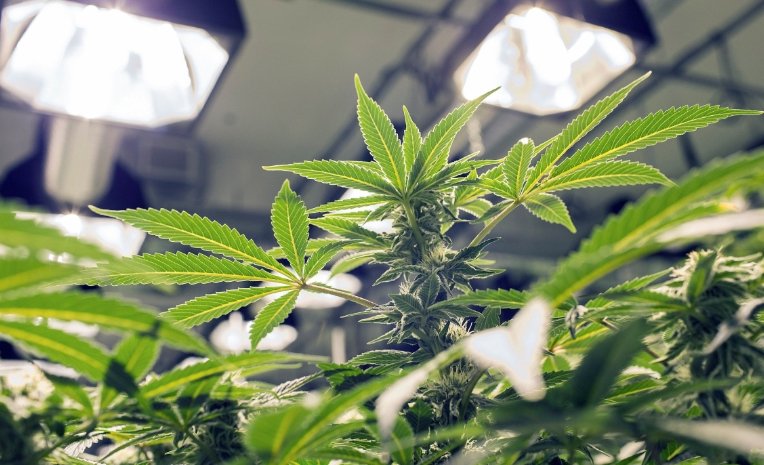In a contentious legal battle, New Brunswick grapples with the enforcement of its provincial cannabis laws on First Nations land. The clash between provincial regulations and Indigenous sovereignty has raised complex questions about jurisdiction, fairness, and economic advantage.
The Legal Quandary
New Brunswick recently introduced Bill 29, aimed at bolstering compliance with provincial cannabis rules and curbing illegal sales. However, the province’s Public Safety Minister, Kris Austin, candidly admitted that enforcing these rules on businesses operating within First Nations reserves is a challenge. According to Austin, the issue falls squarely under federal jurisdiction, leaving the province’s hands tied.

Competitive Advantage
Madawaska First Nation, in response to the province’s cancellation of tax revenue-sharing agreements, has taken matters into its own hands. By enacting its own cannabis and tobacco licensing act, the First Nation sets tax rates for these products, creating a competitive advantage over off-reserve retailers. The move highlights the delicate balance between economic autonomy and broader legal frameworks.
The Road Ahead
As the debate rages on, the clash between provincial and federal authority remains unresolved. While peace officers continue to investigate and shut down illegal cannabis dispensaries across New Brunswick, the question of jurisdiction persists. The province’s actions have implications beyond taxation, touching on sovereignty, fairness, and the delicate dance between Indigenous rights and provincial law.



